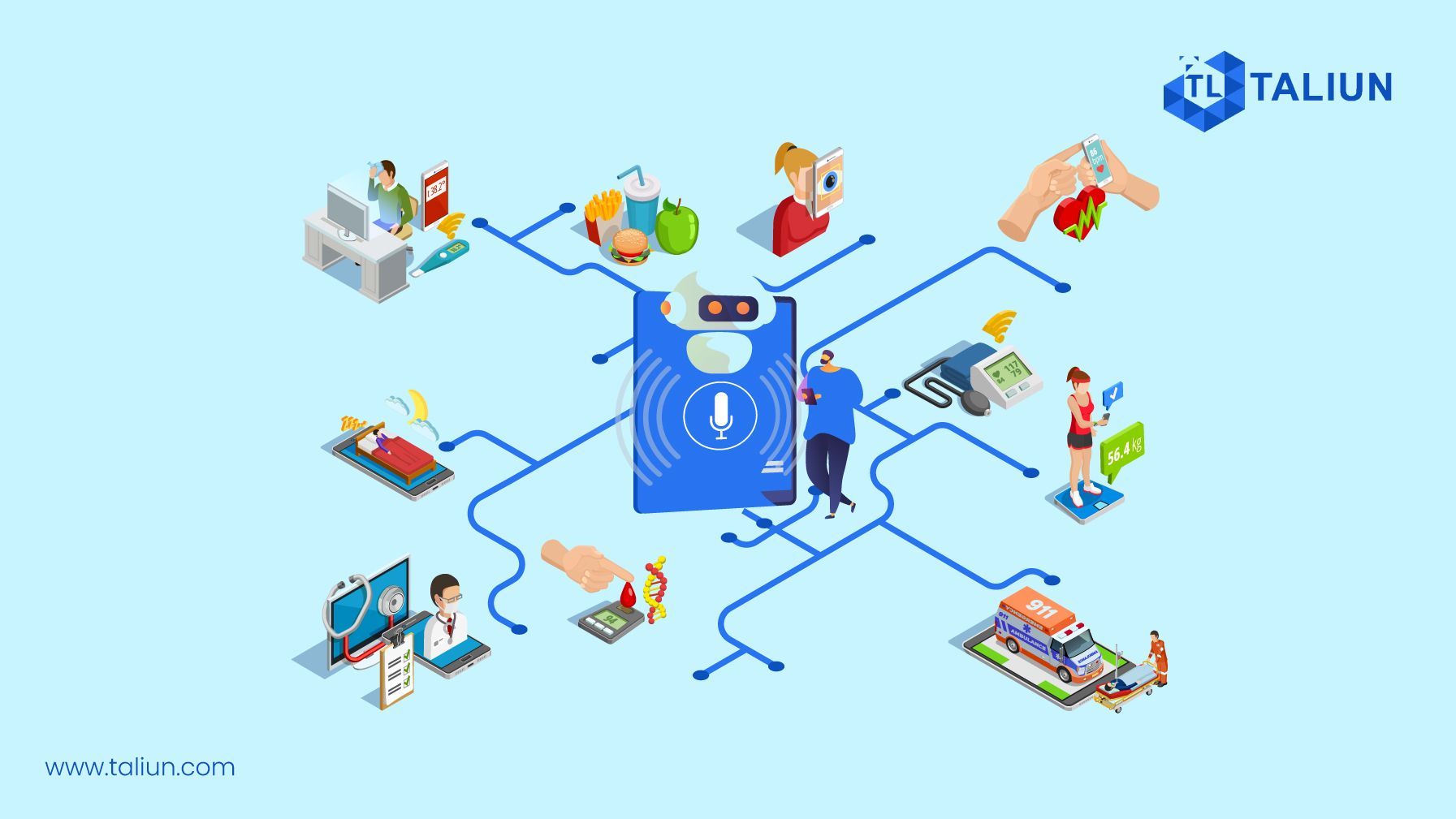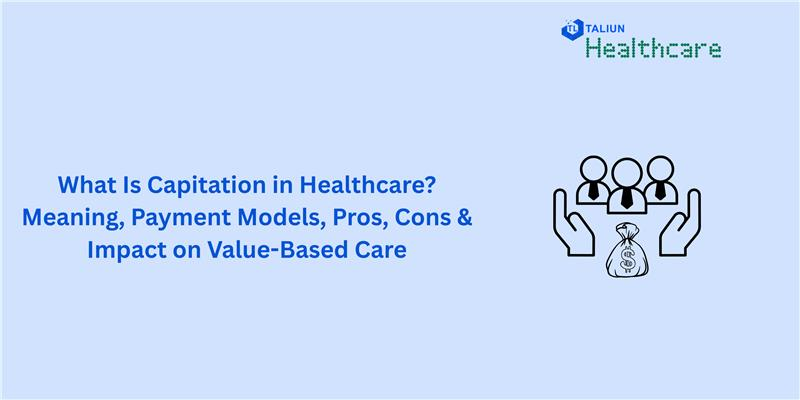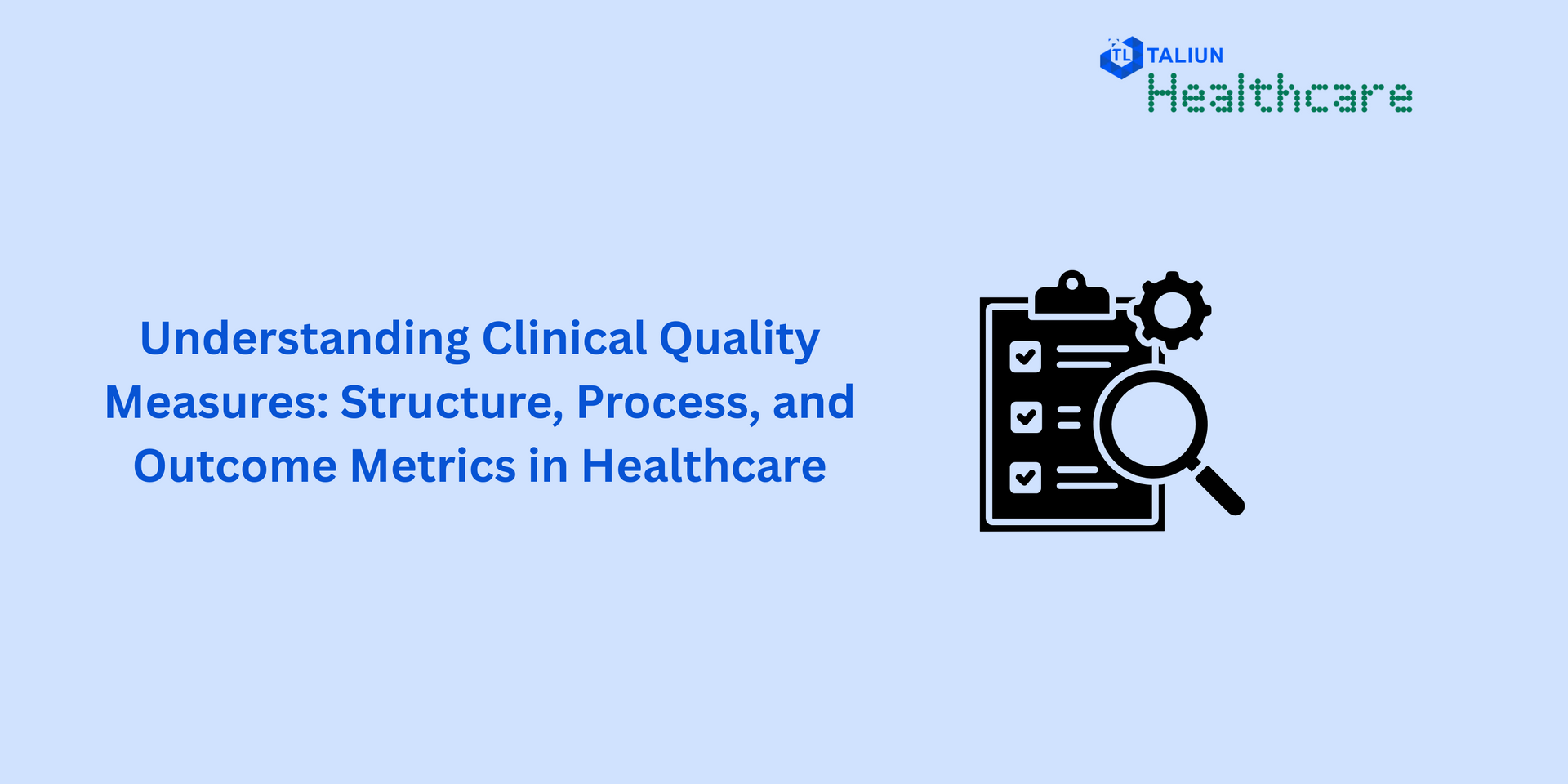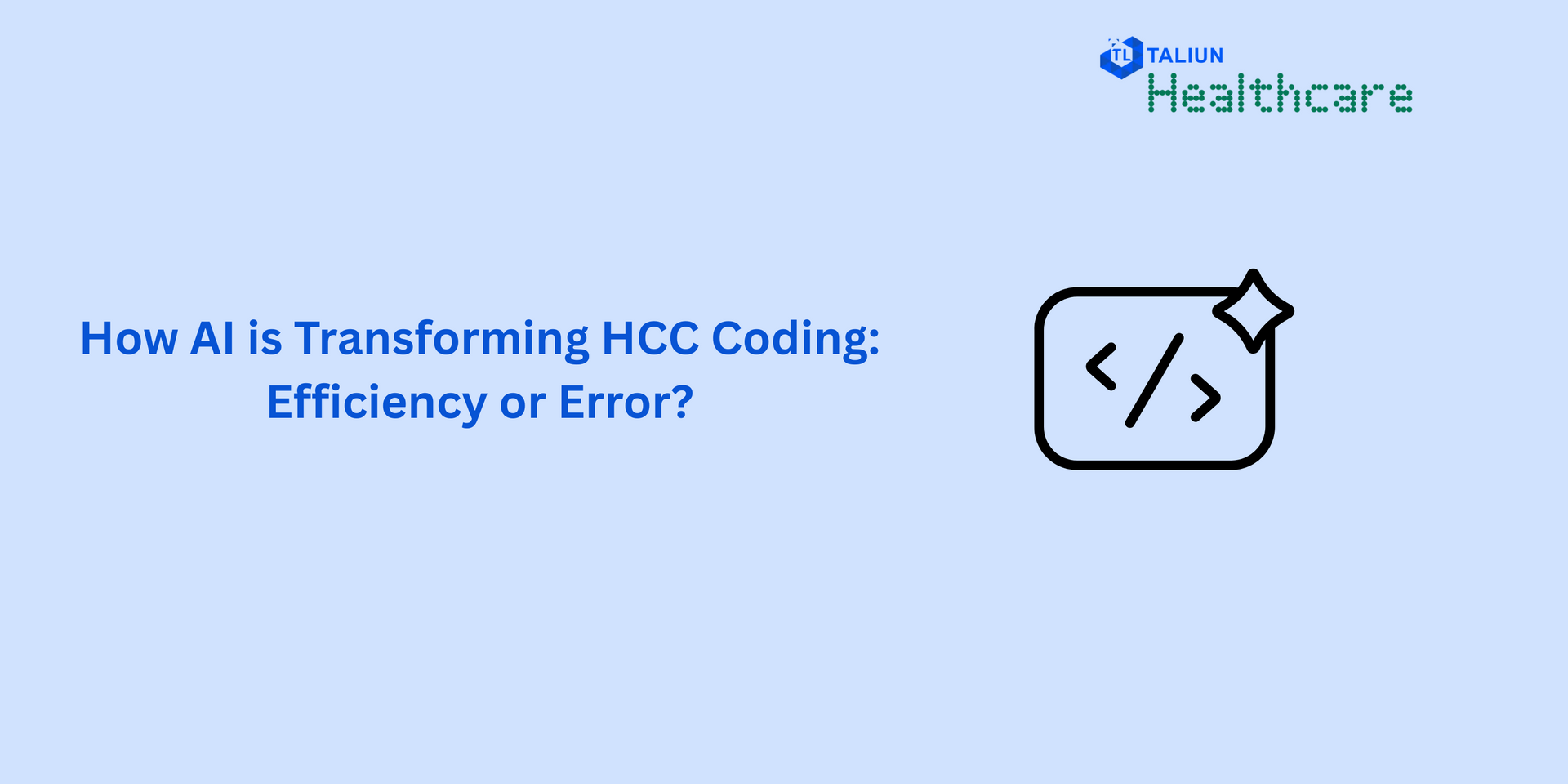Empowering Healthcare with Speech-to-Text: Revolutionizing Patient Care, Clinical Workflows, and Health Interoperability

In the rapidly evolving landscape of healthcare, the integration of cutting-edge technologies is transforming patient care, clinical workflows, and health interoperability. One such technology, speech-to-text, powered by Microsoft Azure, OpenAI, and the Microsoft Health Cloud, holds immense potential to revolutionize healthcare documentation, communication, and data integration. By converting spoken language into written text, speech-to-text solutions enhance accuracy, efficiency, and accessibility, enabling healthcare professionals to focus more on patients and streamline administrative tasks.
This blog explores the significant impact of speech-to-text in healthcare, highlights the key benefits and use cases of leveraging Microsoft Azure, OpenAI, the Microsoft Health Cloud, and emphasizes the importance of health interoperability for seamless data integration in the healthcare ecosystem.
1. Enhanced Documentation Accuracy and Efficiency:
Accurate and efficient documentation is crucial in healthcare to maintain comprehensive patient records, facilitate care coordination, and support clinical decision-making. Leveraging speech-to-text technology, healthcare professionals can dictate their clinical notes, capturing the information accurately and efficiently. By using automatic transcription services powered by Microsoft Azure and OpenAI, medical practitioners can save valuable time spent on manual note-taking and transcription, enabling them to devote more attention to patient care. The integration of natural language processing (NLP) capabilities further enhances accuracy by intelligently recognizing medical terminologies and contextual nuances.
Keywords: speech-to-text technology, documentation accuracy, documentation efficiency, automatic transcription, Microsoft Azure, OpenAI, natural language processing, medical terminologies, Microsoft Health Cloud, health interoperability.
2. Streamlined Clinical Workflows and Communication: Efficient communication and seamless collaboration are essential for delivering quality healthcare. Speech-to-text technology enables real-time transcription of medical conversations and meetings, simplifying communication among healthcare teams. This real-time transcription, combined with Microsoft Azure's cloud capabilities and the Microsoft Health Cloud's infrastructure, allows for the integration of speech-to-text solutions into existing clinical systems and electronic health records (EHRs). Clinicians can quickly review and access transcribed conversations, reducing the chances of miscommunication and enhancing care coordination. This streamlined workflow improves operational efficiency, especially in time-sensitive situations, such as during emergency room visits or surgical procedures.
3. Accessibility and Inclusive Healthcare: Inclusive healthcare aims to ensure equitable access to services for all individuals, regardless of their abilities or disabilities. Speech-to-text technology plays a vital role in promoting accessibility by providing a means for patients with hearing impairments or language barriers to engage in effective communication with healthcare providers. By integrating Microsoft Azure, OpenAI's speech recognition capabilities, and the health interoperability framework, healthcare organizations can offer real-time transcription services during patient consultations, enabling individuals to read the conversation in text format. This fosters a patient-centered approach and improves overall patient experience, ensuring that everyone receives the care they need and deserve.
4. Ethical Considerations and Data Security: As with any technology in healthcare, ethical considerations and data security are of paramount importance. When implementing speech-to-text solutions, healthcare organizations must prioritize patient privacy and confidentiality. By leveraging Microsoft Azure's robust security features, the Microsoft Health Cloud's privacy controls, compliance certifications, such as HIPAA, and the health interoperability standards, healthcare providers can ensure that patient data remains protected throughout the speech-to-text process and its integration with various healthcare systems. It is crucial to establish data governance protocols, conduct regular risk assessments, and obtain informed consent from patients for using speech-to-text technology. Transparent communication with patients regarding the technology's usage and its benefits further reinforces trust and confidence in the healthcare system.
Conclusion: Speech-to-text technology, backed by the powerful capabilities of Microsoft Azure, OpenAI, and the Microsoft Health Cloud, offers unprecedented opportunities to transform healthcare. By automating documentation, streamlining workflows, promoting accessibility, ensuring data security, and emphasizing health interoperability, speech-to-text solutions revolutionize patient care, enhance clinical efficiency, and facilitate seamless data integration across healthcare systems.
As the healthcare industry embraces digital innovation, it is essential for organizations to leverage these advancements responsibly and ethically, prioritizing patient-centered care, seamless collaboration, and interoperable health data exchange. By harnessing the potential of speech-to-text technology and leveraging the robust infrastructure provided by Microsoft Azure, OpenAI, and the Microsoft Health Cloud, healthcare professionals can focus more on providing compassionate care while driving positive outcomes for patients and advancing the healthcare ecosystem.




